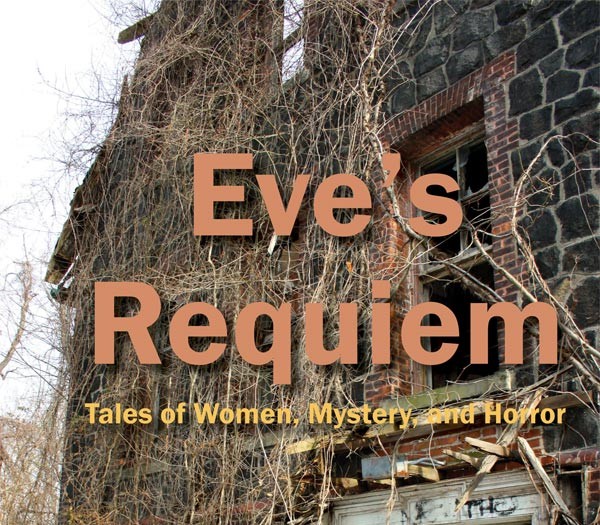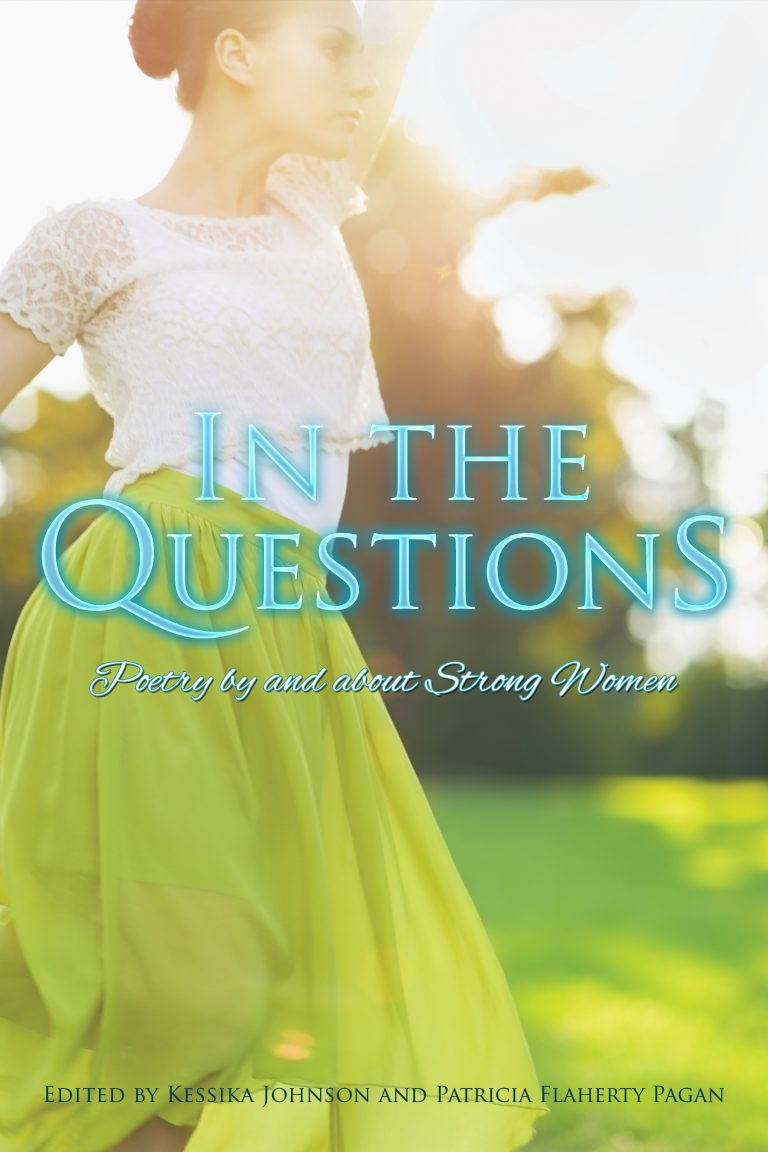How do you know when you are writing fiction with fantastic elements vs. genuine fantasy fiction? Currently, I am writing a short story about two very different young girls and their interactions with a mysterious and decidedly grumpy púca (or pooka) that they discover living in a deserted New England playground. I plucked and mined the idea from the scribbles in my “story ideas” notebook because a colleague seeks submissions from local authors for a fantasy anthology.
Obviously, it is highly unlikely that two young girls would run into a Celtic fairy turned hobgoblin in the fashion that I describe. Overgrown, unattended old playgrounds in Massachusetts, however eerie, are generally not homes to shape shifting spirits who may, or may not, be malevolent. The plot of this tale takes off from a fantastic starting point and follows the logic that magic is possible throughout. So it’s a fantasy story, right? Yes. But only if it’s internally consistent.
The Encyclopedia of Fantasy, edited by John Clute and John Granta, defines a fantasy fiction as a “self-coherent narrative which, when set in our Reality, tells a story which is impossible in the world as we perceive it…[or] when set in an Otherworld or Secondary World, that otherworld will be impossible, but stories set there will be possible in the otherworld’s terms. An associated point, hinted at here, is that at the core of fantasy is Story. Even the most surrealist of fantasies tells a tale.”
A key element of that definition is that impossible events seem possible in the context of the impossible character or fully realized other world’s rules. Even seeming chaos has repeated ideas and twists. Alice’s Wonderland seemed surreal but its reality had its own strange reasoning. Which brings me back to my púca story. To ensure that my narrative is “self-coherent,” I suddenly find myself looking out the window at white flowers asking myself:
-How well do the púca smell?
-Does turning into a horse help or hinder you in 2014 America?
-Do hobgoblins sleep?
-How or why would one, over time, grow weary of shape shifting?
-If you gave a sweaty hobgoblin your dad’s Old Spice deodorant would he eat it, wear it, or throw it at you?
Think of a bizarre, fantastic character that you have written or read about in fiction. I bet that the small, consistent details made you feel that you knew him/her/it better and made him/her/it seem a teeny, tiny bit more possible.



